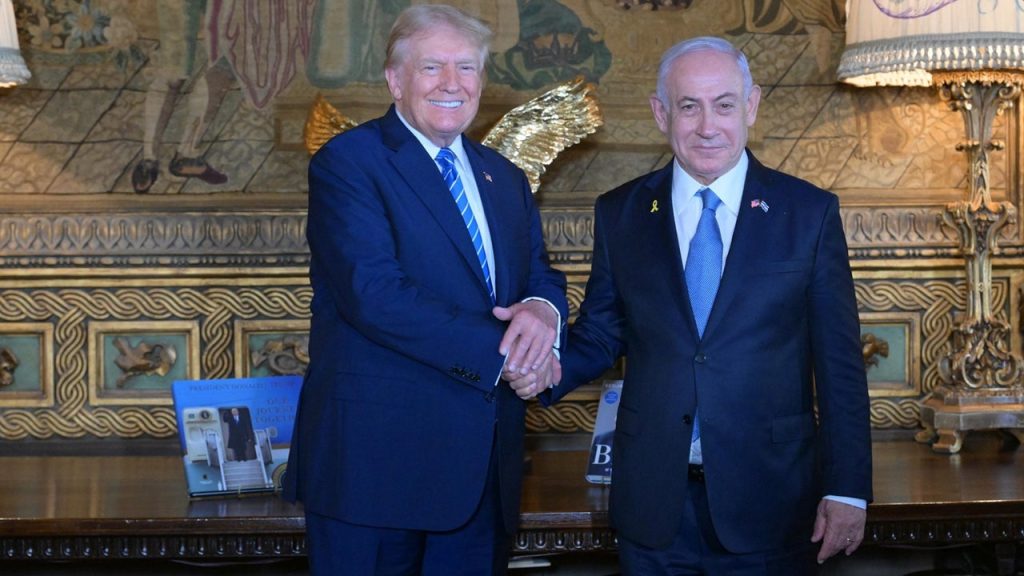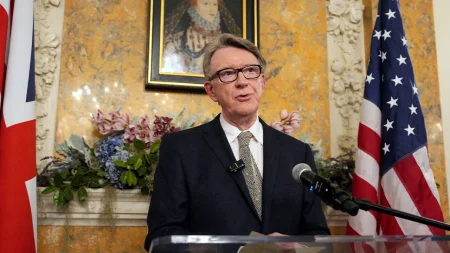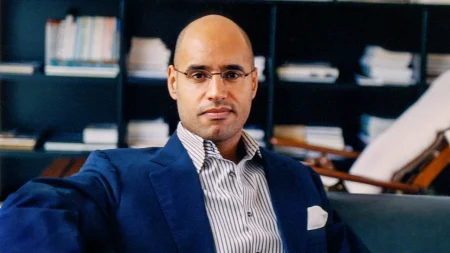Prime Minister Benjamin Netanyahu’s visit to the United States marks a significant turning point in Israeli-American relations, particularly in the aftermath of the recent Gaza war and the perceived strain in relations with the previous Biden administration. Netanyahu’s meeting with President Trump, his first with a foreign leader since taking office, underscores the renewed emphasis on the bilateral relationship. This renewed focus aims to leverage the historically strong ties between the two nations to further Israel’s security interests and expand regional peace initiatives. The timing of the visit, occurring shortly after a ceasefire agreement with Hamas and amidst ongoing negotiations, signifies a strategic effort to consolidate gains made during the conflict and solidify a foundation for lasting stability.
The backdrop of the Gaza war, triggered by Hamas’s October 2023 attack, provides a crucial context for understanding the significance of Netanyahu’s visit. The conflict resulted in significant military action by Israel and a subsequent humanitarian crisis. The ceasefire, involving hostage releases, offers a fragile window of opportunity to address the underlying issues that fuel the conflict. Netanyahu’s discussions with President Trump are likely to center on strategies to strengthen Israel’s security posture, counter Hamas’s influence, and ultimately achieve a durable peace in the region. The visit also offers an opportunity to address the humanitarian fallout from the conflict and explore avenues for international cooperation in rebuilding Gaza.
Netanyahu’s emphasis on the “strength of the alliance” between Israel and the United States signals a desire to reset the relationship after a period of perceived tension with the Biden administration. The Prime Minister’s last visit to the White House was prior to his return to office in late 2022, highlighting the gap in high-level engagement. By choosing President Trump as his first foreign counterpart to meet, Netanyahu signals a preference for a more aligned approach to regional challenges. This alignment likely focuses on shared concerns about Iran’s nuclear ambitions, regional terrorism, and the importance of maintaining Israel’s military superiority.
The reference to the Abraham Accords, brokered during the Trump administration, further underscores the Prime Minister’s intention to build on past successes in fostering normalization between Israel and Arab states. These accords, which established diplomatic relations between Israel and several Arab nations, represent a significant shift in regional dynamics. Netanyahu likely hopes to leverage President Trump’s influence to expand the circle of peace and potentially bring other Arab states into normalized relations with Israel. This move could reshape the regional landscape and further isolate Iran, a common strategic objective for both Israel and the Trump administration.
Netanyahu’s statement about “redrawing the map” signifies a belief that the recent conflict and the renewed partnership with the U.S. present a unique opportunity to reshape the political and security landscape of the Middle East. This aspiration extends beyond merely stabilizing the situation in Gaza. It encompasses a broader vision of regional realignment that advances Israel’s security interests and strengthens its position within the broader Arab world. This remapping could involve bolstering existing alliances, fostering new partnerships, and potentially revisiting the Palestinian question in a way that aligns with Israel’s long-term strategic goals.
The focus on “prosperity, security, and peace from a position of strength” encapsulates the core tenets of Netanyahu’s approach towards regional stability. This phrase emphasizes the importance of maintaining a robust military capability as a deterrent and a foundation for pursuing diplomatic solutions. It also underscores the interconnectedness of security and economic prosperity, suggesting that a stable security environment is essential for fostering economic growth and development in the region. Netanyahu’s vision likely involves strengthening Israel’s military capabilities further, fostering closer security cooperation with the U.S., and promoting regional economic integration as a means to achieve lasting peace and stability. This multifaceted approach aims to establish a more secure and prosperous future for Israel and its regional partners.















